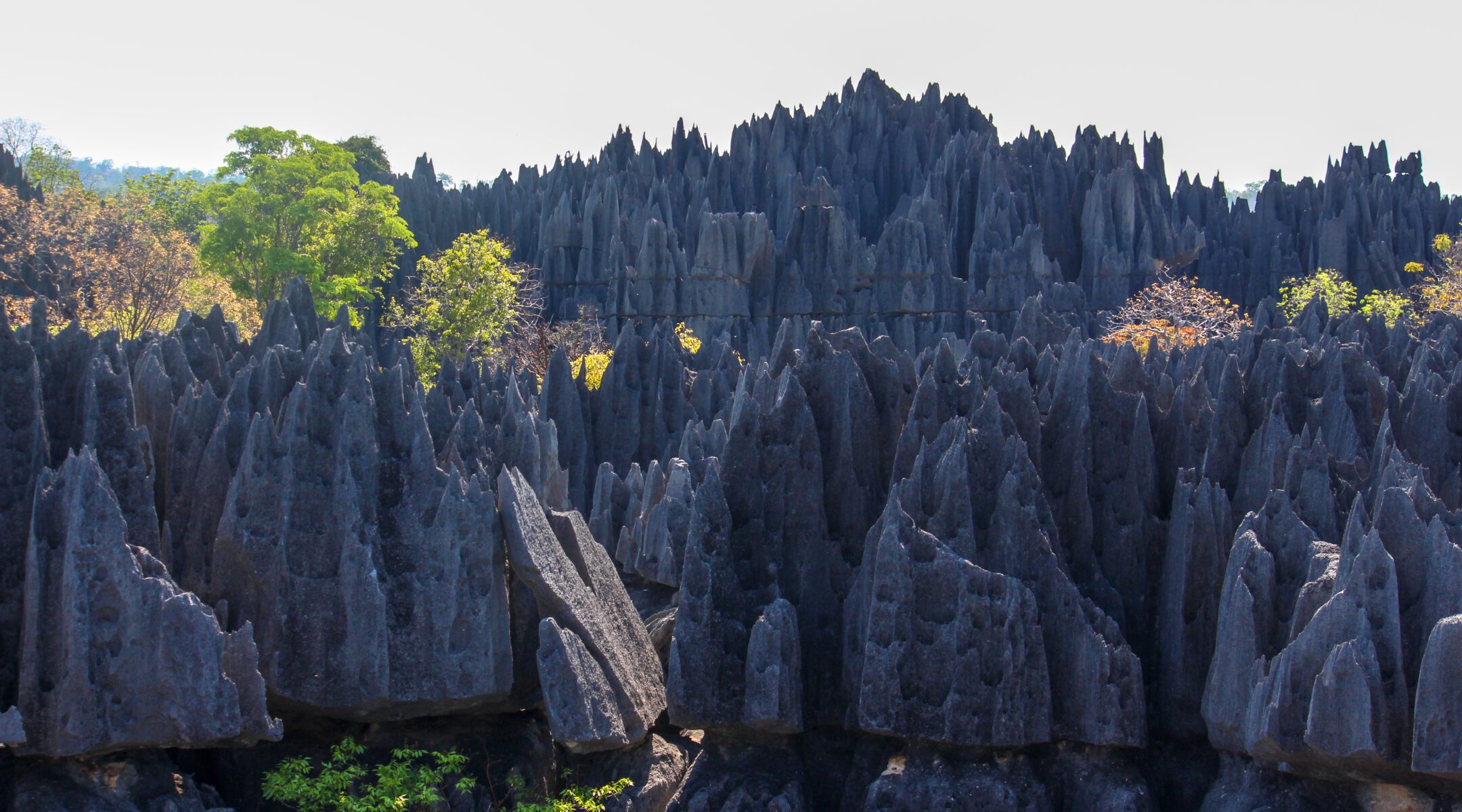D1- From Morondava to Bekopaka
D2- Visiting the Great Tsingy
D3- Drive back to Kirindy (Nocturnal visit)
D4- Diurnal visit in Kirindy-Drive back to the Lover’s Baobab the sunset to the Baobab avenue. End of services.
Imagine a journey through the western landscapes of Madagascar, where the extraordinary unfolds at every turn.
- The Avenue of the Baobabs:
- As the sun begins its descent, casting long shadows across the dusty plains, you find yourself amidst the Avenue of the Baobabs.
- These majestic trees, Adansonia grandidieri, stand like ancient sentinels, their swollen trunks reaching towards the sky.
- The golden light bathes their smooth, reddish bark, creating a surreal and breathtaking scene.
- It is one of the most photographed locations in Madagascar.
- The Lovers’ Baobab:
- Not far from the avenue, the Lovers’ Baobab stands as a testament to nature’s artistry.
- Two massive baobab trees have intertwined, their trunks fused together in an embrace, symbolizing enduring love.
- This location is a wonderful place for photographers.
- The Tsingy of Bemaraha:
- Further north, the landscape transforms into a jagged, otherworldly realm: the Tsingy of Bemaraha.
- “Tsingy” means “where one cannot walk barefoot” in Malagasy, and it aptly describes this labyrinth of limestone pinnacles.
- Sharp, needle-like formations rise from the earth, creating a surreal and challenging terrain.
- This national park is a UNESCO World Heritage Site, and a place of unique beauty.
- Kirindy Forest and its Wildlife:
- Returning to the dry deciduous forest of Kirindy, a different kind of magic awaits.
- Here, amidst the slender trees and dappled sunlight, a vibrant ecosystem thrives.
- Mme. Berthe’s Mouse Lemur:
- As dusk settles, the forest comes alive with the rustling of small creatures.
- Among them is the elusive Mme. Berthe’s mouse lemur (Microcebus berthae), the world’s smallest primate.
- These tiny, nocturnal lemurs are incredibly difficult to spot, their miniature forms blending seamlessly into the shadows.
- The Fossa:
- And then, there is the apex predator, the fossa (Cryptoprocta ferox).
- With its sleek, muscular body and agile movements, it navigates the forest with grace and power.
- Witnessing a fossa in its natural habitat is a truly unforgettable experience.
- Other wildlife includes several lemur species, and many unique birds.
This journey through western Madagascar offers a glimpse into the island’s diverse and captivating landscapes, from the iconic baobabs to the surreal Tsingy and the fascinating wildlife of Kirindy.

